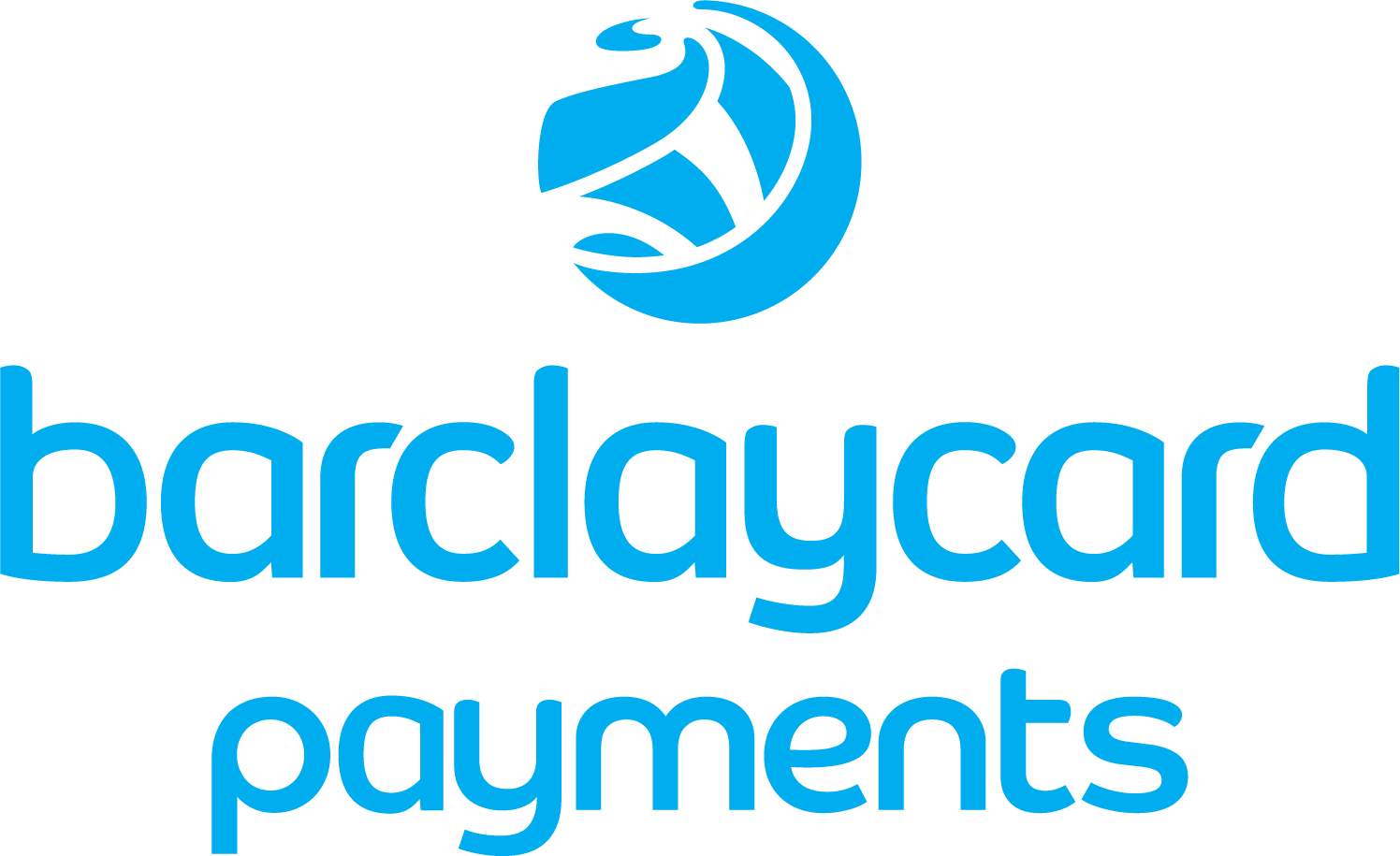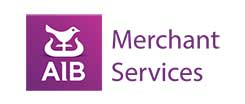- Accept card payments – lowest rates from 0.27%
- Keep your card processing fees to a minimum
- Direct access to the UK’s leading card processing banks
- We ensure your rates always remain competitive
No spam emails or calls
Choose from the payment methods then click Next
What's your turnover each month?
Enter the name of your company
Enter your company's postcode and contact number
Tell us what you need
Fill in our quick form and we’ll give you a call for a brief 5-minute chat to understand exactly what you're looking for.
Get tailored quotes
We’ll match you with up to three of the most competitive offers from our trusted providers that suit your business.
Pick with confidence
We’ll help you understand the options so you can choose the best fit — quickly, clearly, and without any pressure.






Understanding the Process of Payment: A Clear Guide to Payment Methods
In today’s fast-paced digital economy, understanding the process of payment is essential for businesses and consumers alike. Whether you’re a business or service provider or simply managing personal finances, knowing how payment processing works can improve cash flow management, enhance customer satisfaction, and reduce risks associated with fraudulent transactions.
This guide explores the key components of payment methods, from credit or debit card transactions to bank transfers and digital payments. We’ll break down how payment processing systems function, the role of financial institutions, and the importance of payment security in safeguarding transaction data.
1. What Is Payment Processing?
Payment processing describes the sequence of steps that occur when a customer initiates a financial transaction. It involves multiple parties, including:
-
The customer’s account (issuer)
-
The payment gateway
-
The card network (Visa, Mastercard, etc.)
-
The payment processor
When a customer makes a purchase using debit and credit cards, mobile payments, or other payment methods, the payment processing work ensures the secure transfer of funds from the buyer to the seller.
Key Stages in the Payment Process
-
Authorization – The payment processor receives the transaction details and checks for fund availability.
-
Authentication – The issuing bank verifies the payment details to prevent data breaches.
-
Settlement – The acquiring bank requests the transfer of money owed to the merchant bank.
-
Funding – The merchant receives the approved transactions in their account.
This entire transaction process typically takes a few seconds but involves complex coordination between payment providers and financial institutions.
2. Common Payment Methods in the UK
Businesses must offer multiple payment options to cater to customer preferences. Here are the most widely used payment methods:
A. Credit and Debit Card Payments
-
Credit cards allow customers to borrow funds up to a limit.
-
Debit card payments deduct money directly from the customer’s bank account.
Card transactions involve the card network, payment gateway, and payment processing solutions to facilitate smooth transactions.
B. Bank Transfers & Direct Debits
-
Automated Clearing House (ACH) and Faster Payments enable direct transfers.
-
Ideal for recurring payments like subscriptions.
C. Digital and Mobile Payments
-
Services like PayPal, Apple Pay, and Google Pay streamline electronic payment systems.
-
Enhance payment security by tokenizing credit card details.
D. Alternative Payment Methods
-
E-wallets, cryptocurrencies, and buy-now-pay-later (BNPL) options are gaining popularity.
Offering diverse payment options improves customer satisfaction and helps businesses manage cash flow effectively.
3. How Payment Processing Systems Work
To better understand the process of payment, let’s examine the flow of a typical credit or debit card transaction:
Step 1: Customer Initiates Payment
-
The customer provides payment details at checkout (online or in-store).
Step 2: Payment Gateway Encryption
-
The payment gateway securely transmits transaction data to the payment processor.
Step 3: Processor Contacts the Issuing Bank
-
The payment processor forwards the request to the issuing bank for approval.
Step 4: Bank Authorization
-
The bank checks for sufficient funds and fraud risks before approving.
Step 5: Transaction Settlement
-
Once approved, the acquiring bank transfers funds to the merchant’s account, minus transaction fees.
This transaction settlement usually takes 1-3 business days.
4. Costs Involved in Payment Processing
Businesses must account for payment processing costs, which may include:
-
Interchange fees (paid to the card network)
-
Processor markup (charged by the payment service provider)
-
Monthly fees for using payment processing solutions
Understanding these fees helps in optimizing cash flow management and pricing strategies.
5. Ensuring Payment Processing Security
With rising data breaches, securing financial transactions is crucial. Key measures include:
-
Tokenization – Replacing credit card details with secure tokens.
-
PCI DSS Compliance – Adhering to global payment security standards.
-
3D Secure Authentication – Adding an extra verification step for electronic payment safety.
A secure payment system builds trust and reduces risks of fraudulent transactions.
6. Choosing the Right Payment Service Provider
When selecting a payment processor, consider:
-
Support for multiple payment methods
-
Payment processing security features
-
Integration with existing systems
A reliable payment service provider ensures smooth transactions and enhances customer satisfaction.
7. The Future of Payment Processing
Emerging trends include:
-
Increased adoption of mobile payments
-
Growth in recurring payments and subscriptions
-
Blockchain-based digital payments
Staying updated with electronic payment systems helps businesses remain competitive.
Understanding the process of payment is vital for efficient cash flow management and customer satisfaction. From debit card payments to bank transfers, each payment method has unique benefits and costs.
By leveraging secure payment processing solutions, businesses can facilitate transactions seamlessly while minimizing risks. Whether payments are paid upfront or processed via automated clearing house systems, choosing the right payment providers ensures smooth transactions and long-term success.
For UK businesses, staying informed about payment processing systems and transaction fees is key to optimizing financial operations.